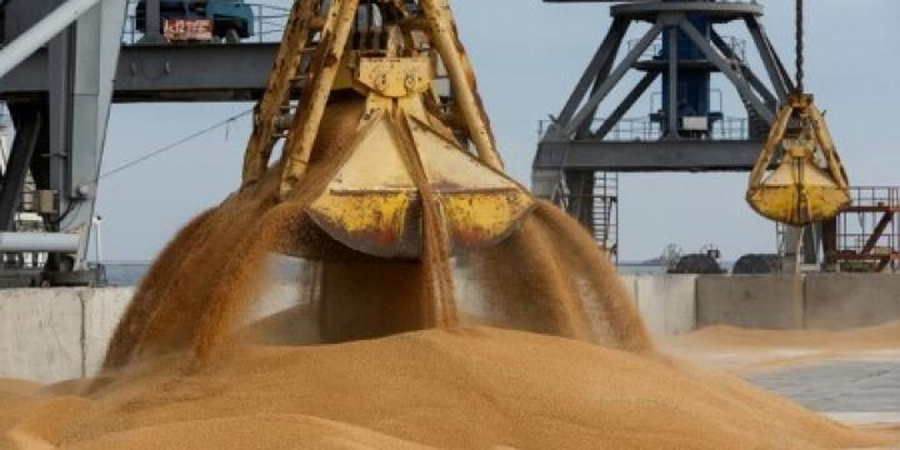February 9, 2024
Russian wheat prices decline amidst increased shipments

Russian wheat export prices experienced a continued downward trend last week, driven by ongoing oversupply concerns, as analysts observed a surge in shipments reaching a four-month peak due to improved weather conditions at ports, Nasdaq reported.
According to reports from the IKAR agriculture consultancy, the price for 12.5% protein Russian wheat designated for free-on-board (FOB) delivery in March stood at $228 per metric tonne, marking a US$7 decline from the previous week.
Meanwhile, the Sovecon agriculture consultancy indicated that the same category of wheat was priced at US$232-238 per tonne FOB, in contrast to US$238-242 reported the week prior.
Analysts at Sovecon noted in their weekly assessment that Russia's FOB prices are either stagnant or experiencing further declines, attributing this trend to the challenging competitive landscape posed by current prices for EU wheat, making it difficult for Russian firms to secure new business opportunities.
Recent port data revealed that Russia exported 1.29 million tonnes of grain last week, a notable increase from the 0.83 million tonnes recorded in the previous week. Of this total, wheat exports accounted for 1.03 million tonnes, significantly higher than the 0.63 million tonnes shipped the week before, as reported by Sovecon.
While acknowledging the robust export volumes, analysts at Sovecon cautioned against interpreting this as a signal of strong demand, attributing it instead to the clearing of backlogs resulting from weather-related disruptions.
Looking ahead, Sovecon anticipates wheat exports for January to reach 3.6 million tonnes, slightly lower than the 3.9 million tonnes recorded in the same period last year. However, concerns arise over the impact of abnormal warm weather across all regions of Russia on the new crop.
The consultancy warned that deteriorating weather conditions, compounded by potential winter kill following abnormal warmth, could adversely affect yield potential, posing challenges to the upcoming crop cycle.
- Nasdaq










